Sudan
The United Nations Human Rights Council on Friday ordered an urgent probe into alleged atrocities committed in the Sudan’s Al-Fashir.
Its resolution also called on the investigative team to "identify, where possible" suspected perpetrators in a bid to ensure they are "held accountable".
The announcement comes as people displaced from the city continue to recount the horrors experienced at the hands of the paramilitary Rapid Support Forces (RSF).
Fatheya Mohamed Hussein, a woman who fled al-Fasher and is now in Al-Affad displacement camp in the Northern State, said that finding food and water in the city was a struggle.
"There was no longer Ombaz available, cattle hide was not available, we were thirsty and there was no water, they closed the water wells, a tragedy, I swear to God, we couldn't find anything, tragedy after tragedy till we fled al-Fashir," she said.
She also witnessed horrors when the RSF forces captured the city almost three weeks ago after an 18-month siege.
"There were bodies in the streets, there were decomposed bodies in the streets, I swear to God, there were bodies that dogs were dragging in the streets, " she recalled.
Adam, who also fled the city, said RSF fighters held their rifles and told people that they had “the right to kill us”.
"They were searching us heavily, even our underwear. If they find a pound like this with you, they would take it. Even a pound. The searching, hitting, humiliation, and torture. Some died, others lived, and others were lost," he said.
Aid groups and UN officials say the RSF’s recent takeover of the North Darfur capital left hundreds dead and forced tens of thousands of people to flee.
The International Organization for Migration said nearly 90,000 people have left al-Fashir and surrounding villages.
They undertook the perilous journey through unsafe routes with no access to food, water, or medical assistance.
The UN is also pleading for access to the thousands of people still trapped in the city and assistance for Sudanese across the country.
TheWorld Food Programme warns that after more than two and a half years of conflict, more than 21 million Sudanese are now facing acute food insecurity.
“As you well know, famine has been confirmed in al-Fashir and Kadugli, both largely cut off from aid. However, in nine other locations where WFP has maintained consistent access, famine-like conditions have been reversed thanks to sustained assistance,” said UN Spokesperson, Stephane Dujarric.
The war between the RSF and the military began in 2023, when tensions erupted between the two former allies that were meant to oversee a democratic transition after a 2019 uprising.
The fighting has killed at least 40,000 people, according to the World Health Organization, and displaced 12 million others. However, aid groups say that the true death toll could be many times higher.
Both the Sudanese Armed Forces and the RSF are accused of committing atrocities throughout the war.
Several foreign powers are believed to be involved in the conflict, providing military support to the warring parties.





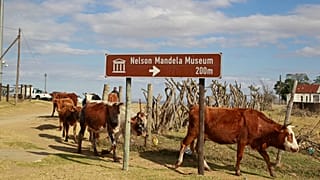

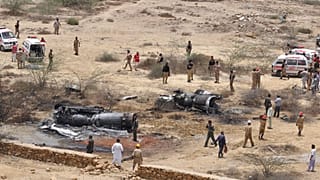
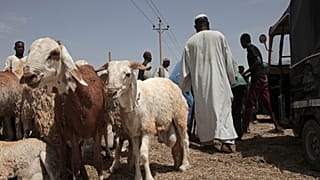
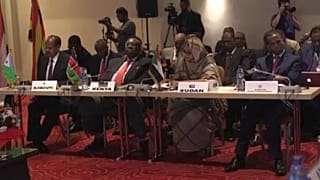
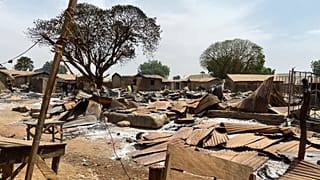

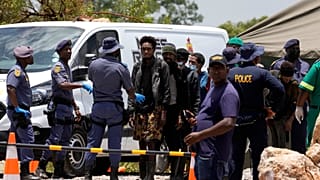
01:03
Goma residence not optimistic about peace as MONUSCO chief visits
01:05
Senegal and Egypt's top diplomats discuss strengthening bilateral relations
01:29
United Nations wants 'security guarantees' to monitor DR Congo ceasefire
00:51
South Africa to withdraw troops from UN mission in DR Congo
01:56
Gazans daily fight for survival amid harsh winter weather
01:58
Activists announce a new aid flotilla for Gaza of over 100 boats